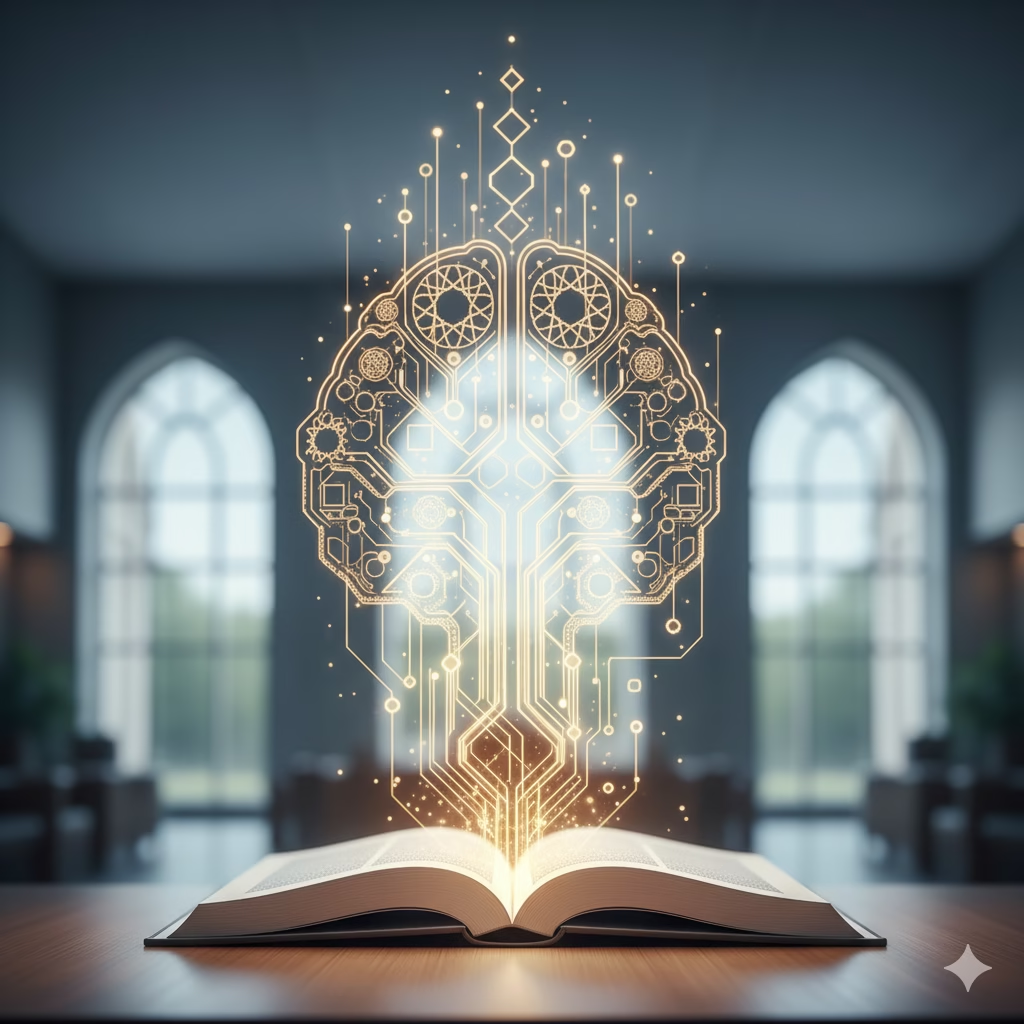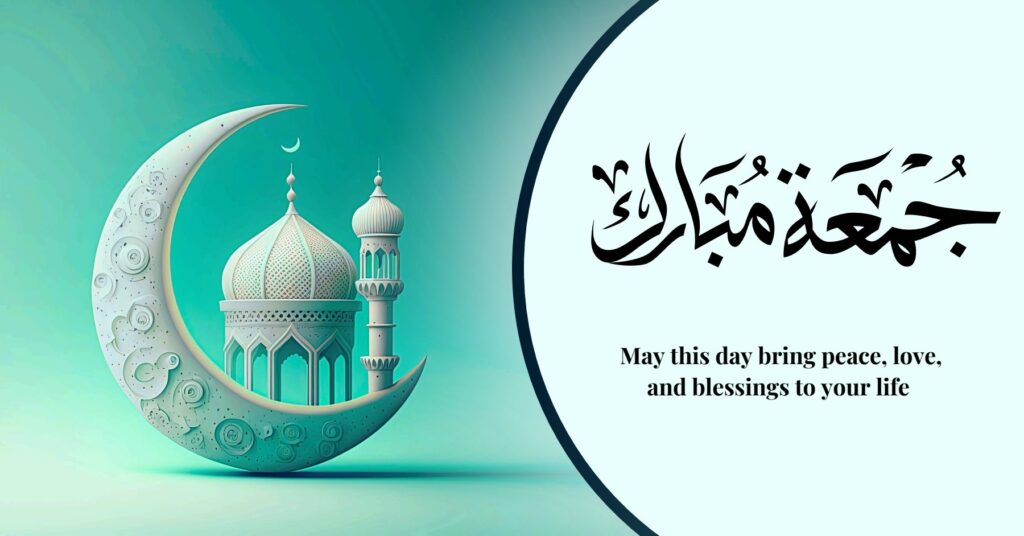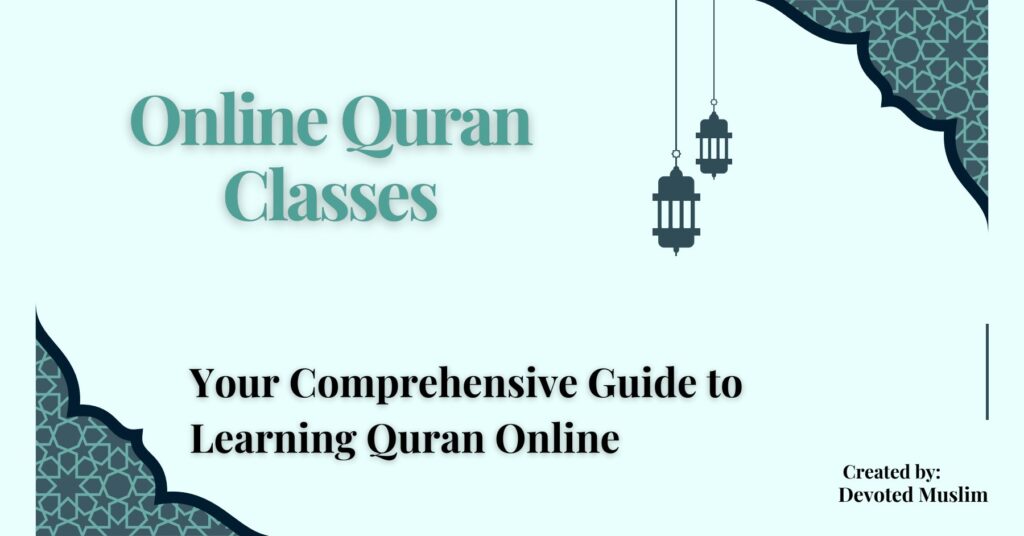When many people think of religious education, they often picture a rigid system focused on outdated dogma and rote memorization. It’s a common stereotype that sees this form of learning as static, disconnected from the needs of the modern world, and centered solely on transmitting information.
A closer look at contemporary Islamic educational frameworks, however, reveals a profoundly dynamic, holistic, and transformative approach. This article examines five of the most impactful and counterintuitive principles shaping Islamic education today, extending far beyond the textbook to cultivate not just knowledgeable students, but also well-rounded, engaged, and empowered human beings.
1. Transformation, Not Information: The Tarbiyah Approach
The most fundamental paradigm shift in modern Islamic education is the move away from an “information-driven” model to one that is “transformation-centered.” The core distinction, as articulated in the Tarbiyah Project Framework, is between teaching children about Islam and guiding them to be Muslim. The primary goal is not to fill young minds with facts and rules, but to inspire genuine personal growth and assist students in the journey of becoming conscious, active participants in their faith.
This approach recognizes that in an era of information overload, knowledge alone is insufficient. The true purpose of education is to shape character, instill values, and provide the tools for lifelong self-improvement.
“Muslims today must realize anew that education, first and foremost, is a process of transformation, more than content and information, and that the latter is but a means and a tool towards the former.”
This shift is considered essential for revitalizing Muslim society. In a world where information is abundant but meaningful guidance can be scarce, an education focused on inner transformation provides a moral and spiritual compass to navigate a world grappling with secular materialism—a compass that facts alone cannot provide. This focus on becoming, rather than merely knowing, directly subverts the stereotype of religious education as a simple act of data transfer.
2. Training Ground for Democratic Citizens and Social Renewal
In a powerful example of counter-intuitive institutional roles, Islamic educational institutions have become pioneers in developing pro-democracy civic education. A key example comes from Indonesia after the fall of President Soeharto’s authoritarian regime in 1998. For decades, the state’s civics program had been a tool for political manipulation, using an indoctrination-based method that narrowed the national ideology of Pancasila to a single, authoritarian interpretation designed solely to maintain the regime’s power.
In the aftermath, Syarif Hidayatullah State Islamic Institute (IAIN Jakarta), a leading institution of Islamic higher education, took the lead in designing a new civics curriculum from the ground up. The program’s core goal was to create active, critical, and well-informed citizens. It moved away from the old model of indoctrination, focusing instead on the principles of democracy, human rights, and civil society. This new civic education was also seen as a vital tool to counter the rise of religious radicalism and to reaffirm Pancasila as a shared, inclusive national ideology, not a weapon of the state.
This case demonstrates that far from being insular, Islamic educational frameworks can serve as vital incubators for pluralistic, democratic renewal in a national context.
3. It’s Designed to Develop the “Whole Person”
Modern Islamic education frameworks explicitly reject a fragmented curriculum in favor of a holistic approach designed to develop the “whole person.” The Tarbiyah Project Framework, for example, structures its curriculum around seven interconnected “literacies.” These strands are woven together to form a “lifeline” that helps a student maintain balance and harmony throughout life.
This model explicitly integrates physical, social, and interpersonal skills alongside the more expected spiritual and intellectual components. The seven literacies are:
• Spiritual Literacy: God Consciousness, Awe & Wonder, Faith & Piety
• Moral Literacy: Noble Character, Values & Identity, Conscience & Conviction
• Intellectual Literacy: Useful Knowledge, Learning to Learn, Problem Solving
• Physical Literacy: Healthy Living, Fitness & Exercise, Recreation & Enrichment
• Interpersonal Literacy: Human Relations, Communication & Understanding, Cooperation
• Cultural Literacy: Daily Living, Culture & Confidence, Facing Challenges
• Social Literacy: Public Service, Justice & Peace, Service & Stewardship
By structuring education this way, the framework ensures that a child’s development is not one-dimensional. This holistic vision, which places physical fitness and interpersonal cooperation on par with theological understanding, powerfully refutes the misconception of Islamic education as a narrow, solely spiritual pursuit.
4. It’s a Powerful Engine for Social and Economic Empowerment
Far from being purely theoretical, Islamic education is increasingly being leveraged as a practical tool for social and economic progress. Across different models—from charitable schools breaking poverty cycles to mosques acting as community economic hubs and boarding schools cultivating ethical entrepreneurs—Islamic education is being operationalized as a direct response to the UN’s Sustainable Development Goals.
• Breaking the Cycle of Poverty: The Sekolah Dasar (SD) Juara in Yogyakarta, Indonesia, is a charitable school providing completely free, high-quality elementary education to children from indigent families. By covering all costs—including tuition, uniforms, and textbooks—the school removes the financial barriers to social mobility, directly empowering students to break the cycle of poverty.
• Fostering Community-Led Development: Mosques are being revitalized as hubs for community empowerment that extend beyond worship. Many now offer practical programs such as business training, business capital loans, and the formation of cooperatives designed to improve the socio-economic status of the local community.
• Cultivating Modern Entrepreneurs: Studies in Islamic boarding schools show that entrepreneurship education significantly improves students’ business success, an effect that is mediated and strengthened by the integration of Islamic values, which provide a grounding ethical framework. This model directly supports broader SDGs, such as promoting decent work and sustainable economic growth.
These examples demonstrate that Islamic education is actively engaged in addressing pressing real-world issues, challenging the stereotype of it being an abstract discipline detached from the material needs of its communities.
5. Beyond ‘Education’: Understanding Tarbiyah, Ta’lim, and Ta’dib
The single English word “education” fails to capture the rich, multi-layered meaning understood within the Islamic tradition. Instead, the concept is built upon three distinct but interrelated pillars: Tarbiyah, Ta’lim, and Ta’dib. Understanding these terms reveals a much deeper educational philosophy.
• Tarbiyah: This is the broadest concept, referring to the lifelong process of nurturing, guiding, and developing a person’s full potential—morally, physically, spiritually, and intellectually. It is about holistic human development.
• Ta’lim: This term is closest to the Western idea of “instruction.” It is the specific process of teaching and transferring knowledge, moving a person from a state of “not knowing” to “knowing.” It is often associated with formal learning and the acquisition of information.
• Ta’dib: This is the process of instilling
adabgood manners, morals, and refined character. It represents the ultimate goal where knowledge is not merely possessed but has been internalized, shaping a person’s behavior and leading to wisdom and right action.Thus, the Islamic educational process is not complete with the mere transfer of knowledge (Ta’lim); it requires holistic nurturing (Tarbiyah) and culminates in the transformation of that knowledge into wisdom and right action (Ta’dib). This three-part framework is the philosophical engine driving the shift from information to transformation, revealing a sophisticated conceptual architecture that defies simplistic stereotypes.
——————————————————————————–
Conclusion: A Question of Becoming
Modern Islamic education, when viewed through its contemporary frameworks and real-world applications, is a far more multifaceted and dynamic field than stereotypes suggest. It is a system focused on holistic growth, practical empowerment, civic engagement, and, above all, personal transformation. It is not just about accumulating knowledge, but about carefully shaping the human soul.
In a world saturated with information, what if the true purpose of education isn’t just about what we learn, but about who we become?




